
AI Avatars Proposed for Rural Healthcare Amid Hospital Closures
Dr. Mehmet Oz, head of CMS, has proposed using AI avatars to solve the rural healthcare crisis, sparking a debate on technology's role in medicine.
22 articles tagged

Dr. Mehmet Oz, head of CMS, has proposed using AI avatars to solve the rural healthcare crisis, sparking a debate on technology's role in medicine.

The U.S. Department of Health and Human Services, under Secretary Robert F. Kennedy Jr., has detailed nearly 400 uses of AI, from drug review to admin tasks.

Artificial intelligence is reshaping medicine, with capabilities that sometimes surpass human doctors, forcing a re-evaluation of the physician's role.
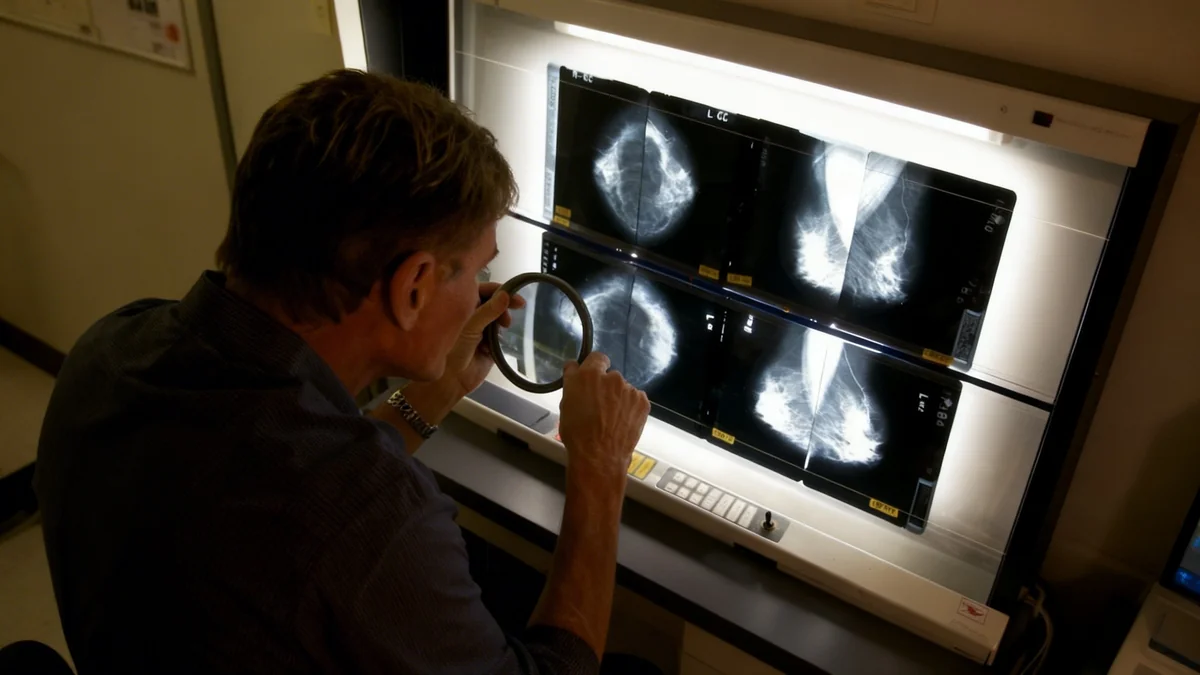
Despite early predictions of automation, the field of radiology is seeing job growth as AI becomes a powerful assistant, not a replacement, for human experts.
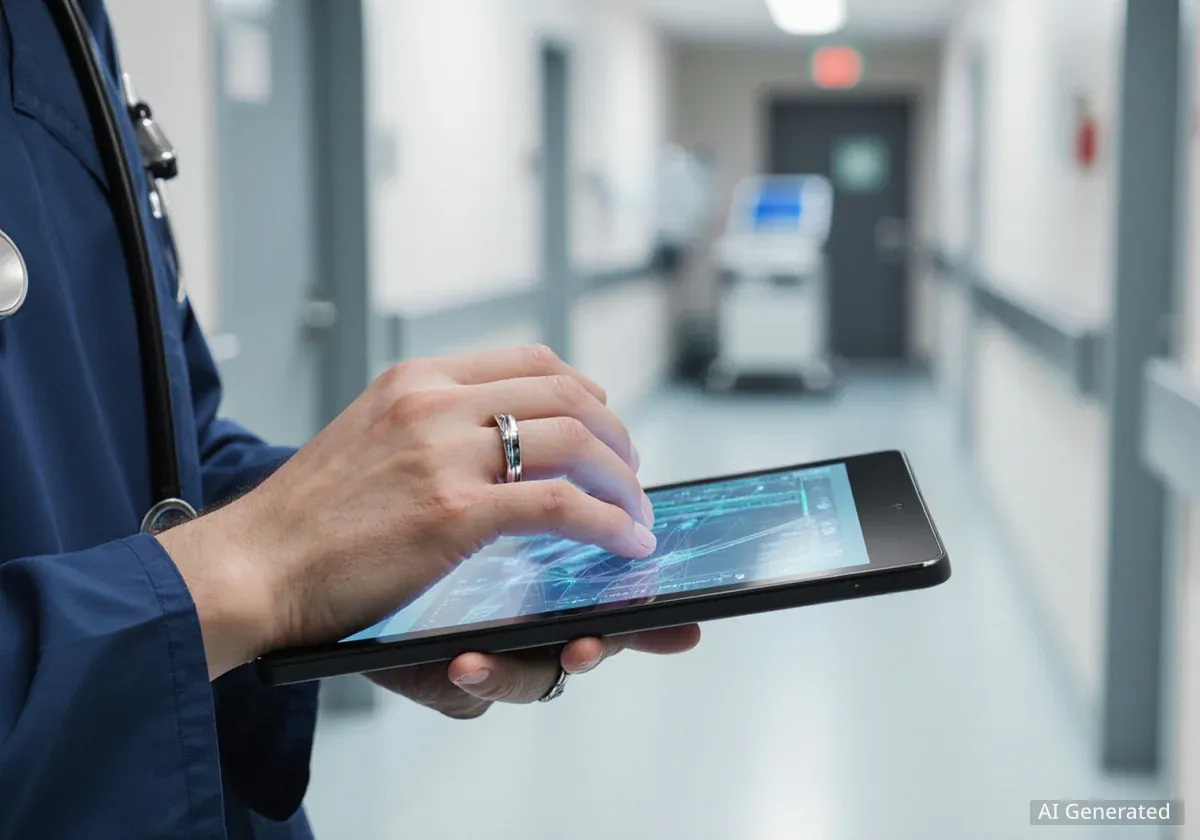
Physicians are increasingly using AI tools like ChatGPT for quick 'curbside consults' on patient cases, a major shift from traditional peer-to-peer advice.

Google has removed some AI-generated health summaries after experts warned they provided inaccurate and potentially dangerous medical information to users.
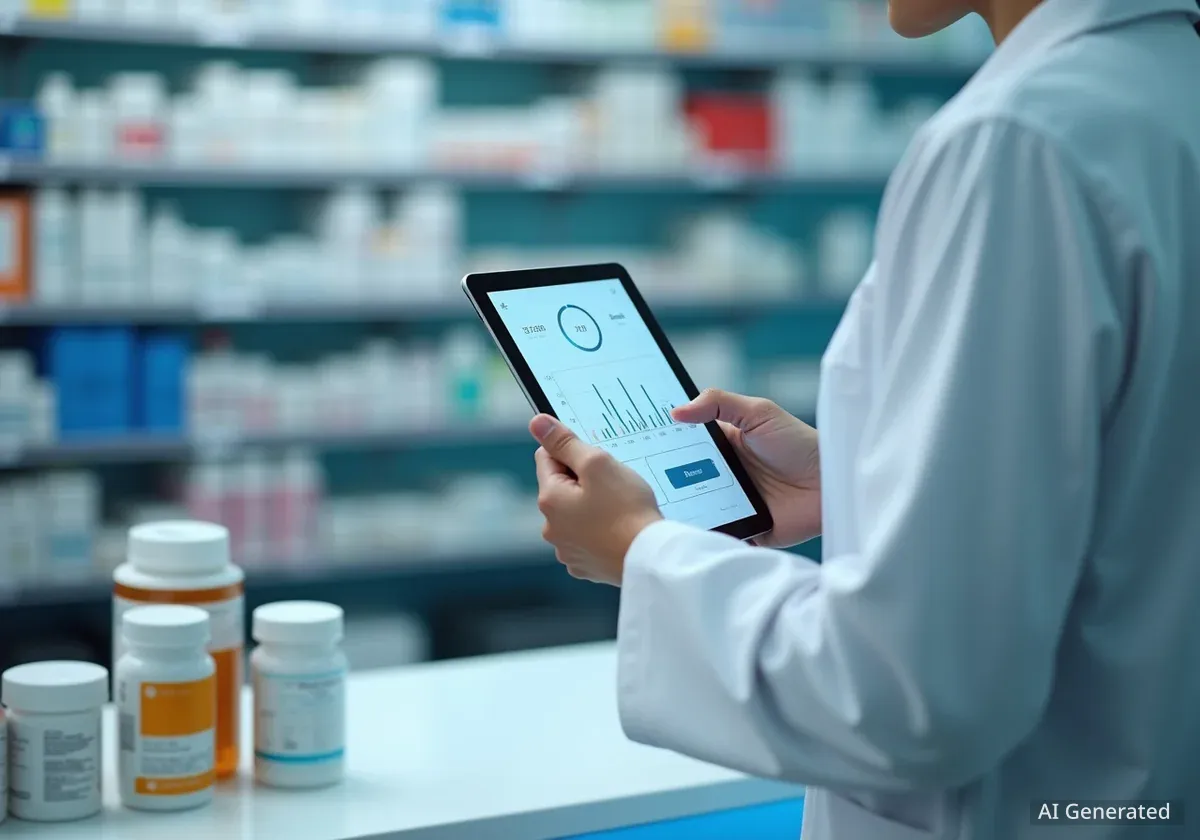
In a first for the U.S., Utah has launched a pilot program allowing an AI system to renew certain medical prescriptions without a doctor's direct approval.
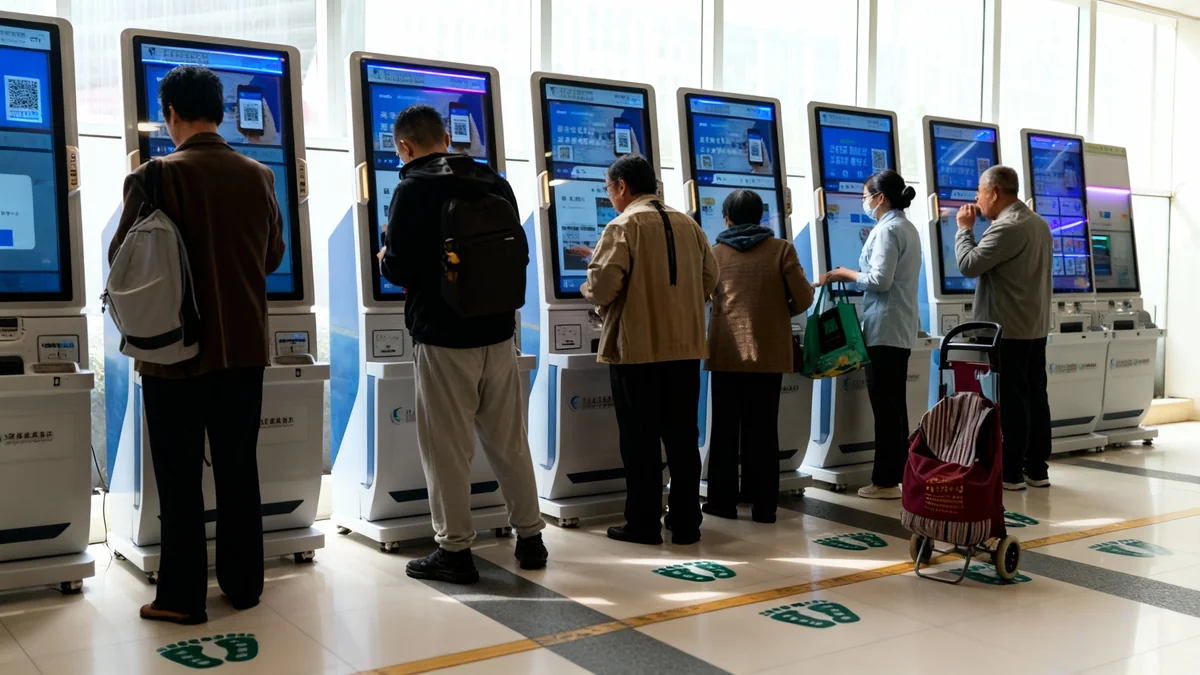
An AI tool in China is detecting early-stage pancreatic cancer from routine CT scans, leading to life-saving surgeries for a disease known for late diagnosis.

A $1.6M Canadian healthcare report from Deloitte contains fabricated citations, prompting an admission of AI use, mirroring a similar incident in Australia.
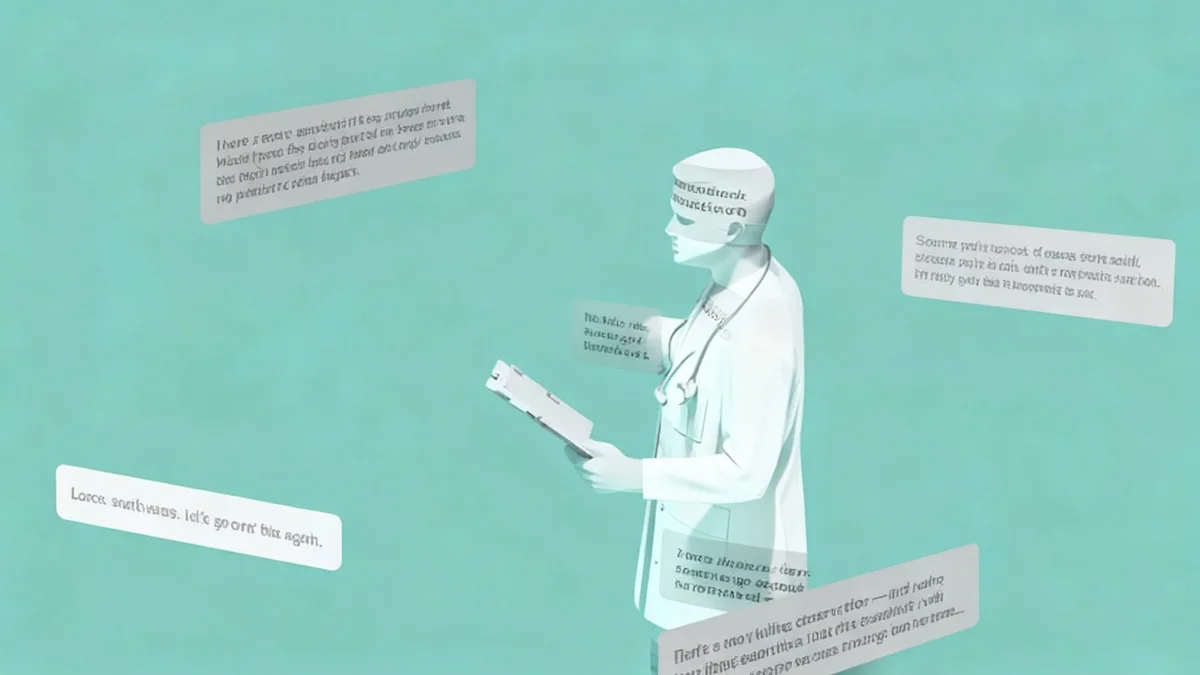
A growing number of patients are using AI chatbots for medical advice due to frustrations with healthcare. Doctors warn of significant risks from inaccurate information.
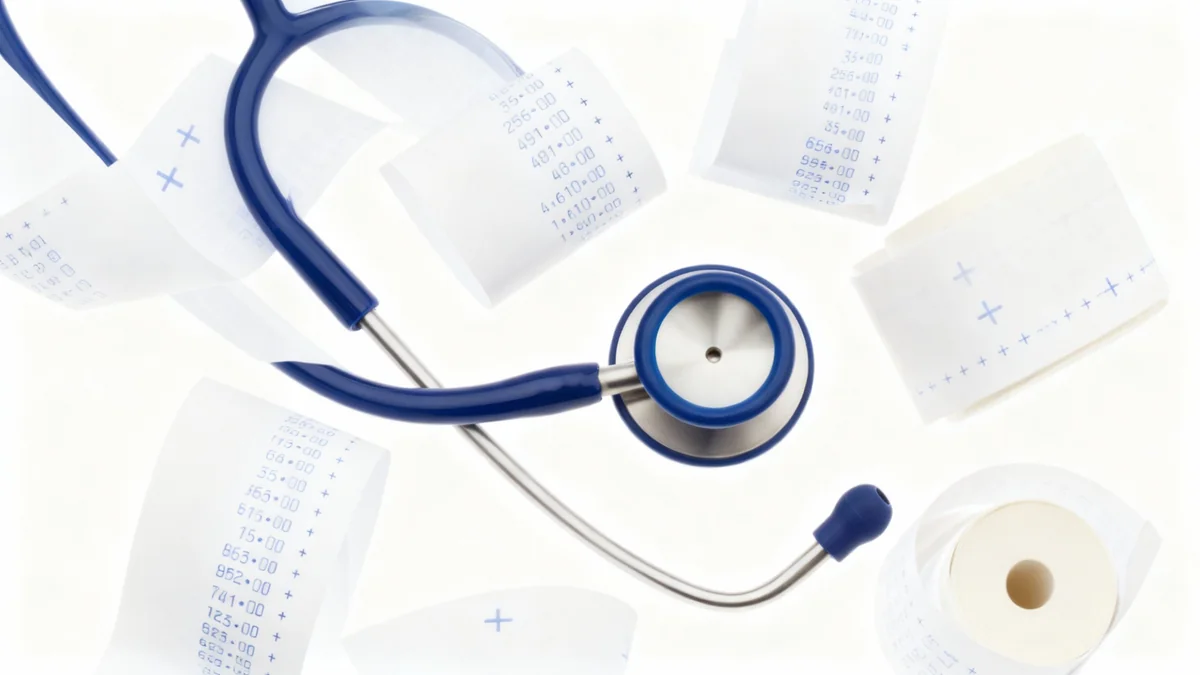
A family used an AI chatbot to analyze a $195,000 hospital bill, uncovering duplicate charges and coding errors that led to an 83% reduction to $33,000.
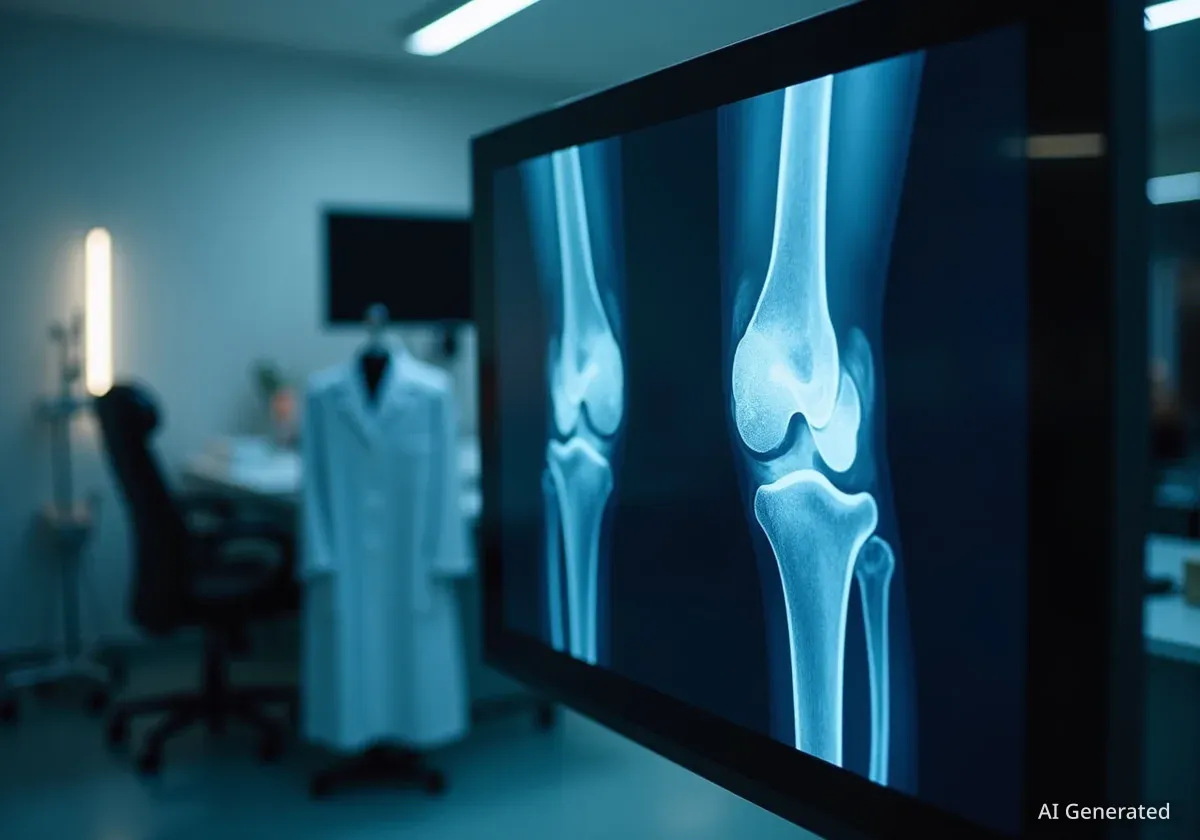
Researchers have developed an AI that analyzes knee X-rays to predict the progression of osteoarthritis a year in advance, aiming to improve patient care.